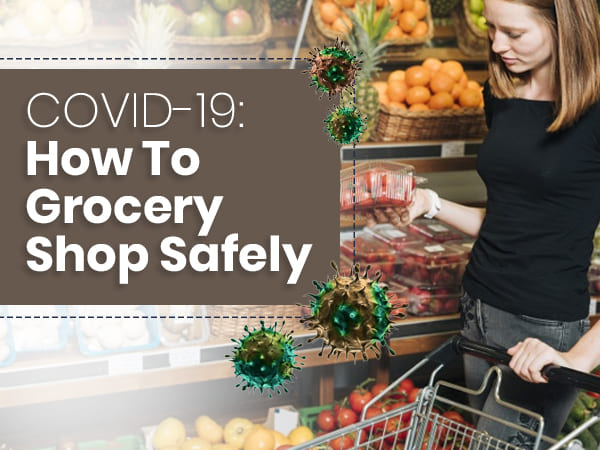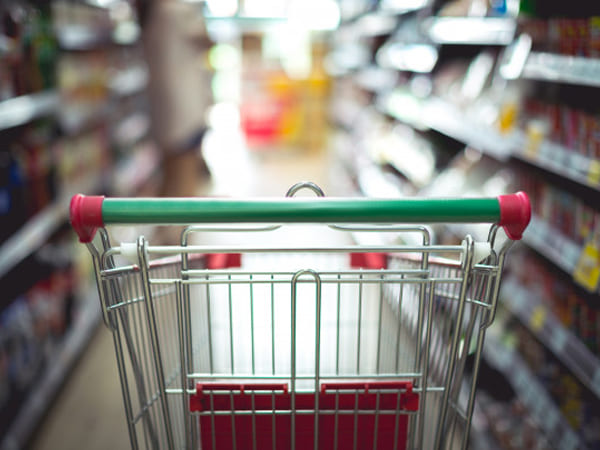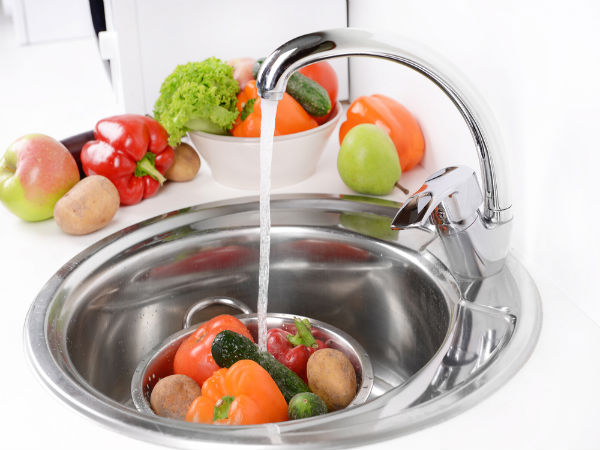Just In
- 5 hrs ago

- 5 hrs ago

- 8 hrs ago

- 9 hrs ago

Don't Miss
- Sports
 Pakistan vs New Zealand 4th T20 Live Score, Latest Updates From Lahore: Toss at 7:00 PM PST
Pakistan vs New Zealand 4th T20 Live Score, Latest Updates From Lahore: Toss at 7:00 PM PST - Finance
 Tech Mahindra Q4 Results: Cons PAT Declines 41% YoY To Rs 661 Crore; Exits FY24 In Red
Tech Mahindra Q4 Results: Cons PAT Declines 41% YoY To Rs 661 Crore; Exits FY24 In Red - Movies
 Chief Detective 1958 Episode 3 OTT Release Date, Time, Platform: When & Where To Watch? What To Expect?
Chief Detective 1958 Episode 3 OTT Release Date, Time, Platform: When & Where To Watch? What To Expect? - News
 Kharge's Sharp Retort To PM Modi: Correcting Misinformation On Congress Manifesto 2024
Kharge's Sharp Retort To PM Modi: Correcting Misinformation On Congress Manifesto 2024 - Automobiles
 Royal Enfield Unveils Revolutionary Rentals & Tours Service: Check Out All Details Here
Royal Enfield Unveils Revolutionary Rentals & Tours Service: Check Out All Details Here - Technology
 Elon Musk’s X Is Launching a TV App Similar to YouTube for Watching Videos
Elon Musk’s X Is Launching a TV App Similar to YouTube for Watching Videos - Education
 AICTE introduces career portal for 3 million students, offering fully-sponsored trip to Silicon Valley
AICTE introduces career portal for 3 million students, offering fully-sponsored trip to Silicon Valley - Travel
 Escape to Kalimpong, Gangtok, and Darjeeling with IRCTC's Tour Package; Check Itinerary
Escape to Kalimpong, Gangtok, and Darjeeling with IRCTC's Tour Package; Check Itinerary
COVID-19: How To Grocery Shop Safely During The Pandemic
Since the lockdown has been imposed in the country, our day-to-day lives have been upended, especially grocery shopping. The task which was simple before is now giving anxiety to people with many questions: Are the food packets safe from coronavirus? Can I get COVID-19 by touching them? Do I need to wear a mask for the grocery store?

Such questions are important as food packets can act as fomites and spread the disease. According to the WHO and CDC, when a person coughs or sneezes, the virus settles on objects for a few hours and can spread when someone accidentally touches those objects and then touches their mouth, eyes or nose. Though there is no evidence yet to prove that COVID-19 spreads through food, it cannot be denied that food or food packets may serve as a secondary mode of transmission.
To prevent human-to-human transmission, many grocery shops are taking strict preventive measures. The government has also issued several advisories to ensure that people do not come out of their houses often, but only to buy necessities. This is because such actions may become catastrophic if not handled strictly. Take a look at a few best practices to grocery shop safely during the pandemic.
Before Going To Grocery Store
1. Plan your shopping
The best way to limit your grocery shopping is by deciding whether you really need some items or not. If there's an alternative to the item, for the time being, avoid going out. Prepare a list and then buy everything at once.
2. Buy enough food for a week or two
Whenever you go out for shopping, buy enough food for a week or two. Avoid going out to buy a single item or non-essential items. Also, avoid buying too much of anything so that there will be some left for others.
3. Try to get items delivered
If there's an option of getting items delivered to your doorstep with safety measures, opt for it. This will reduce your store visit as well as chances of getting infected by the virus. It will also prevent you from people who are infected but don't show any symptoms.

4. Shop at off-peak hours
If there's no option for home delivery in your area, visit the grocery store at off-peak hours. This will expose you to fewer people as well as let you buy all the essential items in a short duration.
5. Avoid visiting multiple stores
Visit a grocery store where you think you will get all the necessary items at once. Avoid visiting multiple stores as it will only increase the risk of infection. Keep in mind that not buying certain things will still make you live safely. So, it is better to be safe than sorry later.
6. Shop alone or in two
If you go out for groceries, make sure to go alone or accompanied by a single family member. Avoid taking your children or any elder family member as they are more prone to infection.
7. Avoid shopping if you have symptoms
If you have COVID-19 symptoms or you doubt you have the symptoms, don't go out at all as you may spread the virus to a large crowd. Self-quarantine and seek medical care. If you need anything, ask your family or friends to get them for you and leave the stuff outside your house or room.

At The Grocery Store
8. Wear a mask
Under the government-imposed advisories, people are suggested to wear mask before going out in public places, including grocery stores. This will prevent you from people who are infected but asymptomatic. Also, avoid touching your mask while you are out.
9. Sanitise your hands
Many grocery stores have made hand sanitising and mask-wearing compulsory during grocery shopping. This will ensure the cleanliness of food items as a lot of people touches them. Also, sanitise your hands after buying the items.
10. Don't touch every item
Even if you sanitise your hands before entering the grocery store, avoid touching every item and pick only the ones you have come to buy. Remember, this is not the right time to spend hours shopping. Consider the seriousness of a pandemic and buy essential items quickly and leave thestore.
11. Maintain social distancing
While shopping out there in public, maintain social distancing. According to the Ministry of Health and Family Welfare, the approximate distance between people should be one metre to prevent the spread of the infection.
12. Avoid touching your face
While grocery shopping, avoid touching your face all the time even if your hands are sanitised or you are wearing a mask.
13. Wear disposable gloves
Though gloves are not necessary while shopping, it is the best practice to wear disposable gloves and shop. Also, remember to take off your gloves while opening the gate of your car. Don't forget to take precautions related to disposing of the gloves.
14. Pay via online
The billing counter is the most vulnerable area as it is touched by many people. The virus may also spread from the change given to you by the cashier. To avoid such situations, pay via digital mode so you won't have to touch anything. Also, avoid taking the change if it isless.

After You Get Back Home
15. Wash your hands
As soon as you came home, wash your hands properly with soap and water or sanitise them. Avoid touching even the doorknob, and open it with your elbow or ask one of your family members to open the door for you once you arrive. If the doorknob is touched, immediately disinfect it.
16. Leave the carry bag outside
Your grocery shopping bag can also act as a fomite for coronavirus. It may allow you to carry viruses to your home. Before entering the house, leave the carry bag outside and cleanse it later with soap and water.
17. Rinse products
Even if you have taken certain measures at the store, there are chances that the virus may come along with food packets. Therefore, to ensure no virus should enter your home, disinfect every food packet with alcohol wipes or with running water and detergent. For items like fruits and vegetables, wash them in running lukewarm water.
18. Change clothes
Your clothes can also get infected with the coronavirus. Once you get home after shopping, change your clothes and immediately wash them with water and detergent. Also, try to wear a head cap while visiting shops.
-
 healthCOVID Surge In India: Do You Need A COVID-19 Booster Shot?
healthCOVID Surge In India: Do You Need A COVID-19 Booster Shot? -
 disorders cureCommon COVID Symptoms In Fully Vaccinated Individuals: What You Should Know
disorders cureCommon COVID Symptoms In Fully Vaccinated Individuals: What You Should Know -
 wellnessMild COVID Linked To Life-Threatening Blood Clots, Increased Risk Of Cardiovascular Disease; Study
wellnessMild COVID Linked To Life-Threatening Blood Clots, Increased Risk Of Cardiovascular Disease; Study -
 wellnessCOVID-19 Variants In India: New COVID Variant May Pose Threat To Elderly People
wellnessCOVID-19 Variants In India: New COVID Variant May Pose Threat To Elderly People -
 basicsCovid-19 Linked To Early Onset Of Periods: What You Need To Know
basicsCovid-19 Linked To Early Onset Of Periods: What You Need To Know -
 wellnessCOVID XBB Variants Of Omicron In India: What You Should Know
wellnessCOVID XBB Variants Of Omicron In India: What You Should Know -
 disorders cureNew Omicron Subvariant BQ.1 Detected In Maharashtra: What You Should Know
disorders cureNew Omicron Subvariant BQ.1 Detected In Maharashtra: What You Should Know -
 disorders cureOmicron BF.7 In India, Risk Of Fresh Wave During Diwali: What You Should Know
disorders cureOmicron BF.7 In India, Risk Of Fresh Wave During Diwali: What You Should Know -
 wellnessCoronavirus Residues Might Be Causing Long COVID: New Study
wellnessCoronavirus Residues Might Be Causing Long COVID: New Study -
 wellnessCentury-Old TB Vaccine Could Be Effective Against Covid-19 And Other Infections: New Study
wellnessCentury-Old TB Vaccine Could Be Effective Against Covid-19 And Other Infections: New Study -
 disorders cureCovid-19 Patients At Risk Of Neurological & Psychiatric Conditions Two Years After The Infection: New Study
disorders cureCovid-19 Patients At Risk Of Neurological & Psychiatric Conditions Two Years After The Infection: New Study -
 wellnessCOVID In Smokers: An Expert Explains
wellnessCOVID In Smokers: An Expert Explains


 Click it and Unblock the Notifications
Click it and Unblock the Notifications



